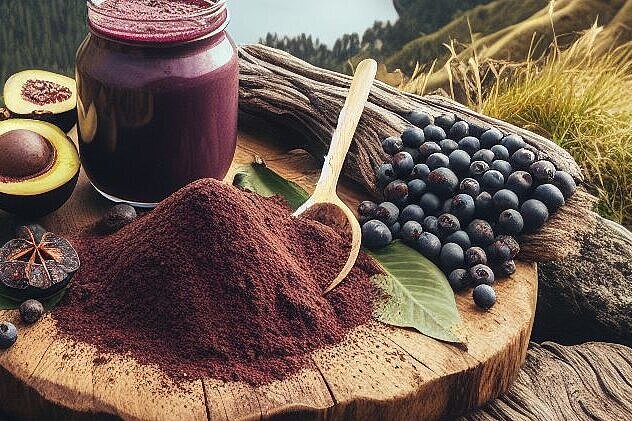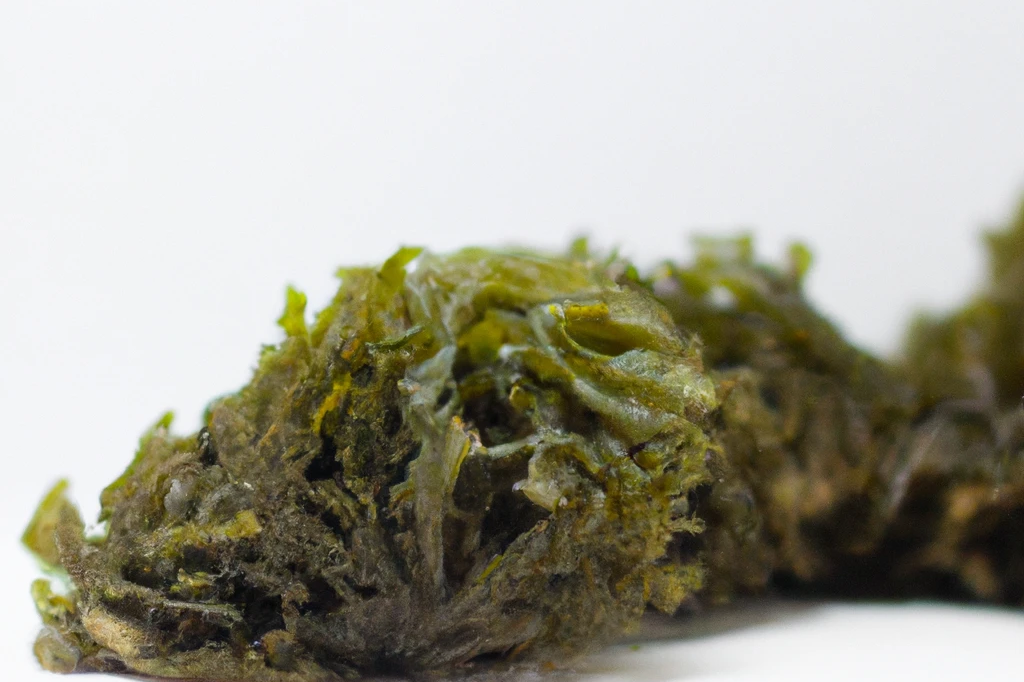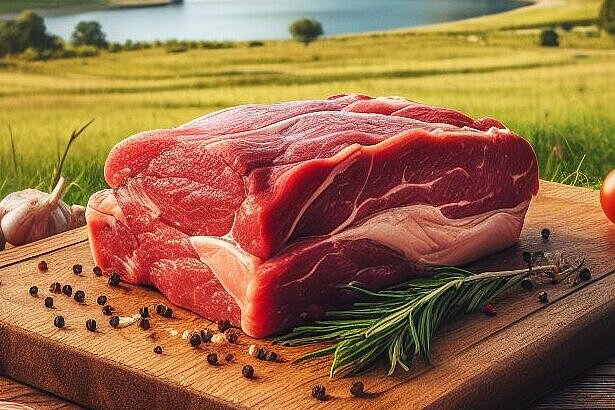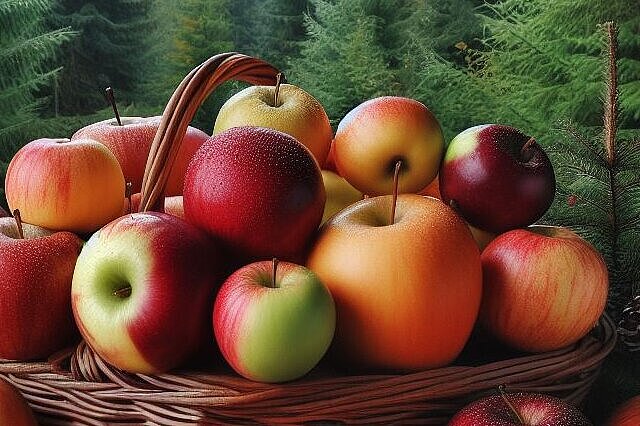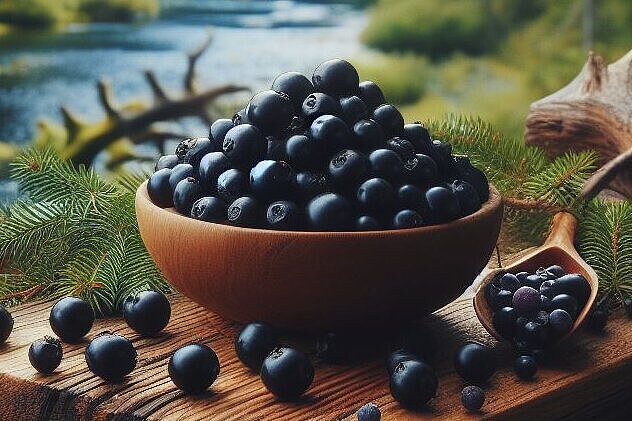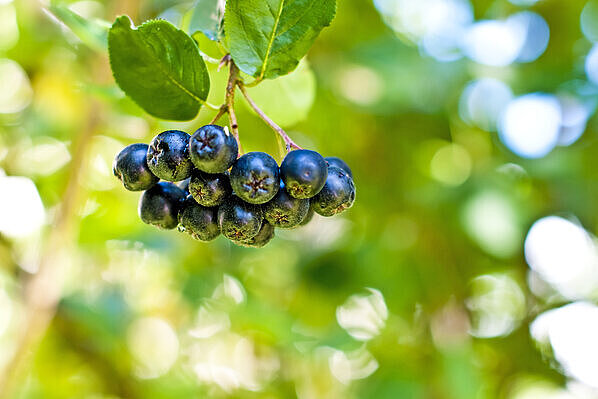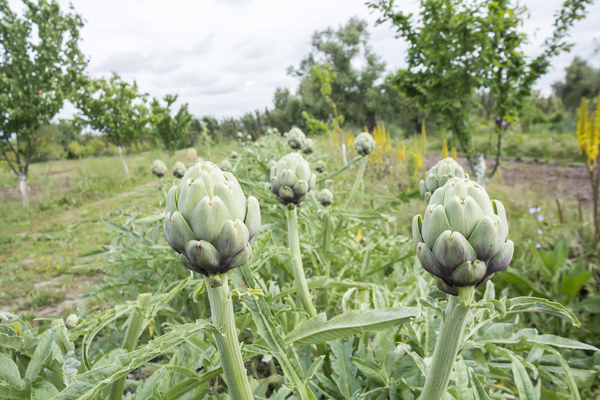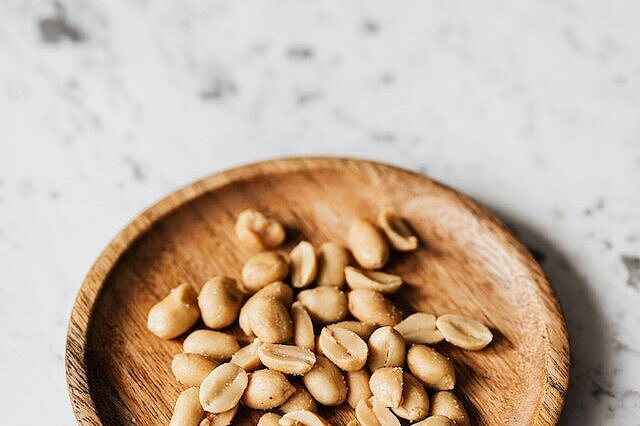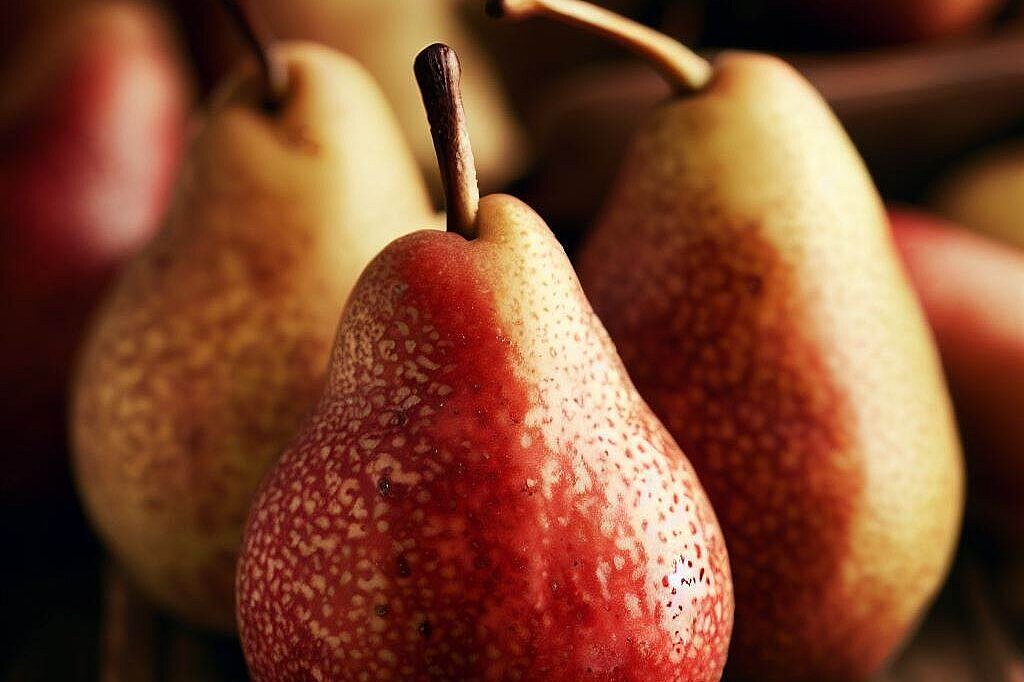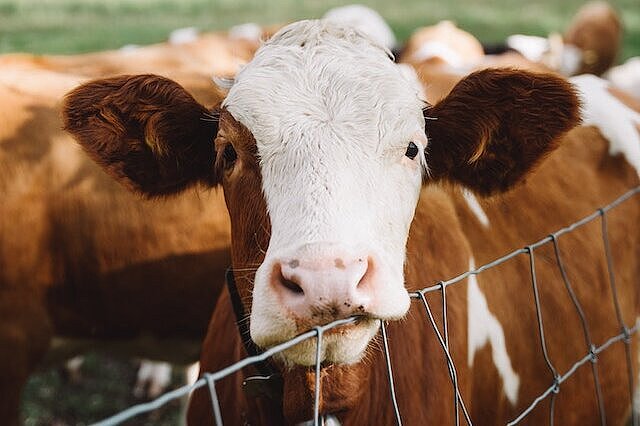Food
The term "food" in the context of dog food is quite basic and simply refers to any food intended for consumption by dogs. It encompasses a wide range of products specifically designed to meet the nutritional needs of dogs. This can include dry food (kibble), wet food, specially prepared diets, complementary foods or even home-cooked meals, as long as they are suitable for dogs.
The term "food" in the context of dog food implies the following:
- Specific nutritional needs: Dog food is formulated to meet the specific nutritional requirements of dogs. Dogs have different nutritional needs than humans, which is why their food contains specific ingredients and nutrient ratios.
- Safety and compatibility: Dog food should avoid ingredients that are harmful or toxic to dogs (such as chocolate, onions, grapes, etc.). It should be safe and easily digestible for the dog.
- Completeness and balance: The ideal is a food that contains all the essential nutrients in the right amounts and proportions to ensure a balanced diet. Some foods are labeled as "complete food", which means that they alone are sufficient to meet a dog's daily nutritional needs.
- Adapted to different needs: Dog food can be tailored to different life stages (puppies, adult dogs, senior dogs), activity levels and specific health conditions (e.g. food allergies, weight management).
Overall, "food" is a general term that covers the wide range of foods designed for dogs. It is important to choose the right food based on the dog's individual needs, health status and preferences.
Rich in fiber
Rich in vitamins
Food
Fruit
Tolerated in small quantities
Acai berries
Superfood
Rich in antioxidants
Food
Fruit
Food supplements
Acai powder
Rich in essential substances
Rich in vitamins
Food
Fruit
Processed food
Compatibility
Safe feeding
Acerola
Common ingredient in dog food
Can improve the absorption of nutrients
Chemistry
Food
Can support muscle health
Can support skin and coat health
Rich in essential substances
Rich in proteins
Albumine
Exotic
Food
Legume
Plant
conditionally compatible
Tolerated in small quantities
Alfalfa flour
Low calorie content
Food
Supports digestion
Medicinal plant
Rich in antioxidants
Rich in minerals
Rich in vitamins
Can be eaten fresh
Suitable for vegetarian diets
Alfalfa grass
Common ingredient in dog food
Food
Plant
conditionally compatible
Algae
Superfood
Aroma
Flavor enhancer
Rich in antioxidants
Rich in fiber
Rich in minerals
Rich in nutrients
Rich in proteins
Rich in trace elements
Rich in vitamins
Food
Can support skin and coat health
Medicine
Naturopathy
Topical application
Supports digestion
Plant
Medicinal plant
Underwater plant
Safe feeding
Tolerated in small quantities
Potential allergy trigger
Algae extract
Long lasting
Chemistry
Preservative
Stabilizer
Food
Gluten free
Suitable for vegan diets
Alginic acid
Rich in proteins
Food
Contains grains
Plant
Safe feeding
Amaranth
Low calorie content
Exotic
May have antibacterial properties
Food
Meat
Game meat
Product from wild animals
Can help regulate blood sugar levels
May have anti-inflammatory properties
Can support skin and coat health
Can contribute to the promotion of intestinal health
Rich in essential substances
Low fat content
Source of healthy unsaturated fats
Rich in amino acids
Rich in minerals
Rich in nutrients
Rich in proteins
Rich in vitamins
Safe feeding
Suitable for raw food
Potential source of danger
Potential allergy trigger
Antelope meat
Exotic
Food
Gluten free
Insect
Meat
May have anti-inflammatory properties
Rich in proteins
Can be eaten fresh
Ants
Intended for human consumption
Food
Animal product
Cheese
Compatibility
Safe feeding
Appenzeller
Common ingredient in dog food
Low glycemic index
Aroma
Flavor enhancer
Preservative
Food
Gluten free
Rich in vitamins
Can be eaten fresh
Apple extract
Food
Fruit
conditionally compatible
Tolerated in small quantities
Apples
Rich in antioxidants
Food
Fruit
Safe feeding
Tolerated in small quantities
Aronia berries
Exotic
Rich in vitamins
Liquid
Food
Fruit
Tolerated in small quantities
Aronia pomace
Food
Vegetable
Plant
Herb
conditionally compatible
Artichoke herb
Rich in antioxidants
Rich in fiber
Food
Vegetable
Tolerated in small quantities
Artichokes
Rich in minerals
Food
Plant
conditionally compatible
Ascophyllum
Food
Legume
Safe feeding
Asparagus bean
Food
Meat
Feeding not recommended
Bacon
Food
Contains grains
Baked goods
Bread
Processed food
Compatibility
Feeding not recommended
Baguette
Intended for human consumption
Low glycemic index
Food
Gluten free
Legume
Seed
Rich in essential substances
Rich in fatty acids
Rich in nutrients
Rich in amino acids
Rich in fiber
Rich in carbohydrates
Rich in minerals
Rich in proteins
Rich in vitamins
Rich in trace elements
Compatibility
conditionally compatible
Suitable for vegan diets
Suitable for vegetarian diets
Tolerated in small quantities
Potential allergy trigger
Bambara peanut
Food
Vegetable
Plant
Potential source of danger
Bamboo shoots
Rich in fiber
Rich in minerals
Rich in proteins
Rich in trace elements
Rich in vitamins
Food
Contains grains
Plant
conditionally compatible
Barley
Rich in essential substances
Rich in vitamins
Food
Contains grains
Plant
Compatibility
Safe feeding
Barley grass
Food
Natural sweetener
Fruit
Good for the teeth
Supports digestion
Safe feeding
Bartlett pears
Rich in fatty acids
Food
Meat
Safe feeding
Tolerated in small quantities
Beef ears
Rich in essential substances
Rich in vitamins
Food
Meat
Compatibility
Safe feeding
Beef liver
May have antibacterial properties
Low glycemic index
Biotechnology
Microorganism
Food
Can support the immune system
Can help regulate blood sugar levels
Can have a positive effect on cholesterol levels
Can have a detoxifying effect
May have anti-inflammatory properties
Can contribute to the promotion of intestinal health
Natural probiotic
Supports digestion
Food supplements
Rich in essential substances
Rich in fiber
Safe feeding
Beta-glucans
Food
Meat
Feeding not recommended
Tolerated in small quantities
Bierwurst
